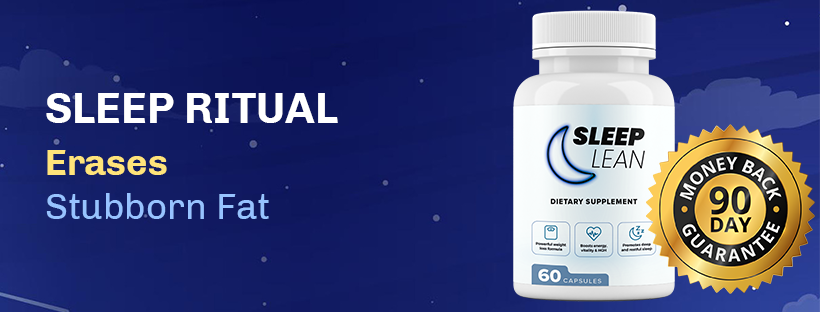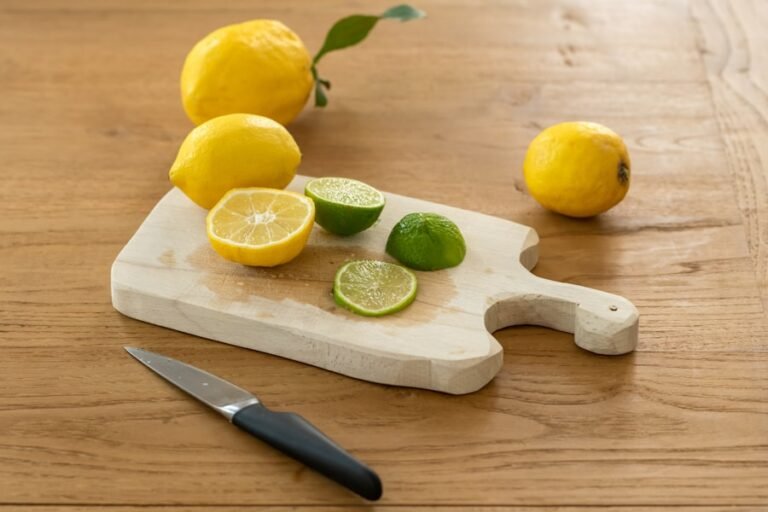From Prunes to Probiotics: Top Home Remedies for Constipation That Actually Work
Constipation is a common problem that affects people of all ages and backgrounds. It is characterized by infrequent bowel movements, difficulty passing stool, and abdominal discomfort. While occasional constipation is usually not a cause for concern, chronic or severe constipation can be uncomfortable and even painful. It can also have a negative impact on overall health and well-being.
Constipation can be caused by a variety of factors, including a low-fiber diet, dehydration, lack of exercise, and certain medications. It can also be a symptom of an underlying medical condition, such as irritable bowel syndrome (IBS) or hypothyroidism. Regardless of the cause, finding relief from constipation is important for maintaining optimal digestive health.
Understanding Constipation: Causes and Symptoms
Constipation is defined as having fewer than three bowel movements per week. In addition to infrequent bowel movements, other common symptoms of constipation include straining during bowel movements, hard or lumpy stools, a feeling of incomplete evacuation, and abdominal discomfort or bloating.
There are several factors that can contribute to the development of constipation. One of the most common causes is a low-fiber diet. Fiber adds bulk to the stool and helps it move through the digestive system more easily. Without enough fiber in the diet, the stool can become hard and difficult to pass.
Dehydration is another common cause of constipation. When the body doesn’t have enough water, it absorbs more water from the stool, making it harder and more difficult to pass. Lack of exercise can also contribute to constipation, as physical activity helps stimulate the muscles in the intestines and promotes regular bowel movements.
Certain medications can also cause constipation as a side effect. These include pain medications (such as opioids), antacids that contain aluminum or calcium, antidepressants, and iron supplements. It’s important to talk to a healthcare professional if you suspect that a medication you are taking is causing constipation.
Prunes: The Classic Home Remedy for Constipation
Prunes have long been used as a natural remedy for constipation. They are high in fiber, which helps add bulk to the stool and promote regular bowel movements. Prunes also contain sorbitol, a natural sugar alcohol that has a laxative effect.
There are several ways to incorporate prunes into your diet to help relieve constipation. One option is to eat them as a snack. You can also try adding prunes to smoothies or chopping them up and sprinkling them on top of yogurt or oatmeal. It’s important to start with a small amount of prunes and gradually increase the serving size to avoid any potential digestive discomfort.
Flaxseed: A Nutritious Addition to Your Diet
Flaxseed is another natural remedy that can help relieve constipation. It is high in fiber, particularly soluble fiber, which absorbs water and adds bulk to the stool. Flaxseed is also a good source of omega-3 fatty acids, which have anti-inflammatory properties and can help promote overall digestive health.
There are several ways to incorporate flaxseed into your diet. One option is to grind whole flaxseeds and add them to oatmeal, yogurt, or smoothies. You can also try using flaxseed oil as a dressing for salads or drizzling it over cooked vegetables. It’s important to note that flaxseed should be consumed in moderation, as excessive intake can cause digestive issues.
Water: The Importance of Staying Hydrated
Staying hydrated is crucial for maintaining regular bowel movements and preventing constipation. When the body doesn’t have enough water, it absorbs more water from the stool, making it harder and more difficult to pass.
It’s important to drink enough water throughout the day to stay properly hydrated. The amount of water needed can vary depending on factors such as age, activity level, and climate. A general guideline is to drink at least eight 8-ounce glasses of water per day. It can be helpful to carry a water bottle with you throughout the day as a reminder to drink water regularly.
Exercise: Moving Your Body to Relieve Constipation
Exercise is not only important for overall health and well-being, but it can also help relieve constipation. Physical activity helps stimulate the muscles in the intestines, promoting regular bowel movements.
There are several ways to incorporate exercise into your daily routine to help relieve constipation. Taking a walk after meals can help stimulate digestion and promote bowel movements. Yoga poses that involve twisting or stretching the abdomen can also be beneficial for relieving constipation. It’s important to find an exercise routine that works for you and that you enjoy, as consistency is key for maintaining regular bowel movements.
Magnesium: A Mineral that Helps Regulate Bowel Movements
Magnesium is a mineral that plays a crucial role in many bodily functions, including muscle contractions. It can also help regulate bowel movements and relieve constipation.
There are several ways to incorporate magnesium-rich foods into your diet to help relieve constipation. Leafy greens such as spinach and kale are excellent sources of magnesium. Nuts, seeds, and whole grains are also good sources. If you’re considering taking a magnesium supplement, it’s important to talk to a healthcare professional first, as excessive intake can cause digestive issues.
Castor Oil: A Traditional Remedy for Constipation
Castor oil has been used for centuries as a natural laxative. It works by stimulating the muscles in the intestines and promoting bowel movements. However, it’s important to use castor oil with caution, as excessive intake can cause digestive discomfort and dehydration.
If you’re considering using castor oil to relieve constipation, it’s important to start with a small dose and gradually increase if needed. It’s also important to drink plenty of water when taking castor oil to prevent dehydration. If you experience any adverse effects or if constipation persists, it’s important to consult with a healthcare professional.
Aloe Vera: A Soothing and Natural Laxative
Aloe vera is a plant that has been used for centuries for its soothing and healing properties. It can also help relieve constipation by soothing the digestive tract and promoting regular bowel movements.
If you’re considering using aloe vera to relieve constipation, it’s important to use only pure aloe vera gel. You can mix a small amount of aloe vera gel with water or juice and drink it. It’s important to start with a small dose and gradually increase if needed. If you experience any adverse effects or if constipation persists, it’s important to consult with a healthcare professional.
Probiotics: The Power of Good Bacteria for Digestive Health
Probiotics are beneficial bacteria that can help improve digestive health and relieve constipation. They work by restoring the natural balance of bacteria in the gut and promoting regular bowel movements.
There are several ways to incorporate probiotics into your diet. Eating fermented foods such as yogurt, sauerkraut, and kimchi is an excellent way to introduce beneficial bacteria into your gut. You can also consider taking a probiotic supplement, but it’s important to choose a high-quality product and follow the recommended dosage.
Finding the Right Home Remedy for Your Constipation
In conclusion, there are several home remedies that can help relieve constipation. These include incorporating prunes and flaxseed into your diet, staying hydrated, exercising regularly, consuming magnesium-rich foods, using castor oil or aloe vera in moderation, and incorporating probiotics into your diet.
It’s important to remember that everyone is different, and what works for one person may not work for another. It may take some trial and error to find the right home remedy for your constipation. If you experience chronic or severe constipation, it’s important to consult with a healthcare professional to rule out any underlying medical conditions and to receive appropriate treatment.









